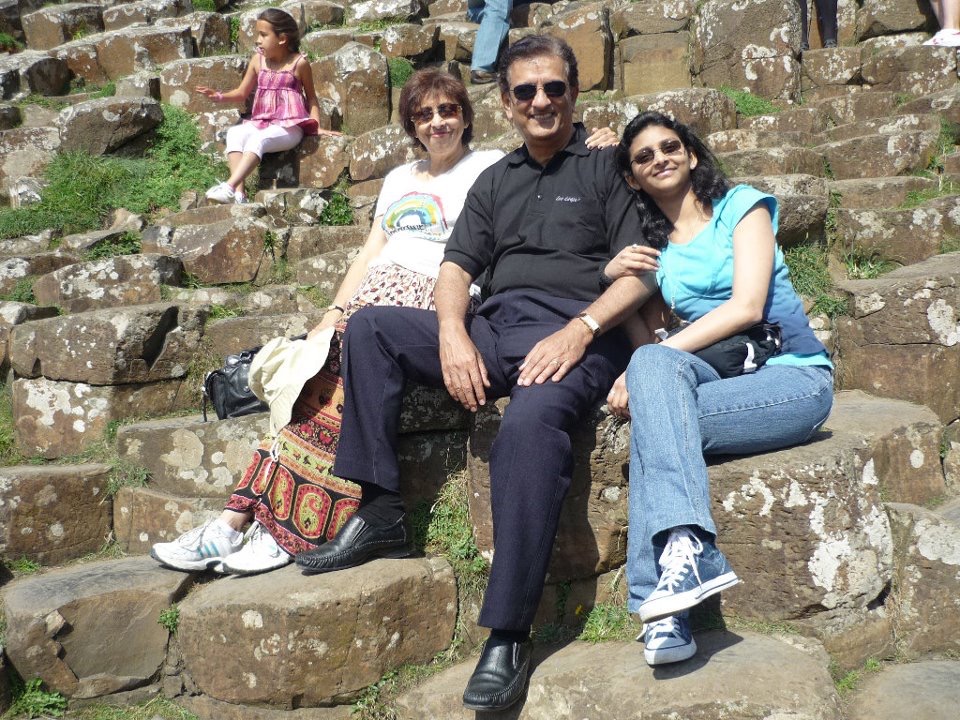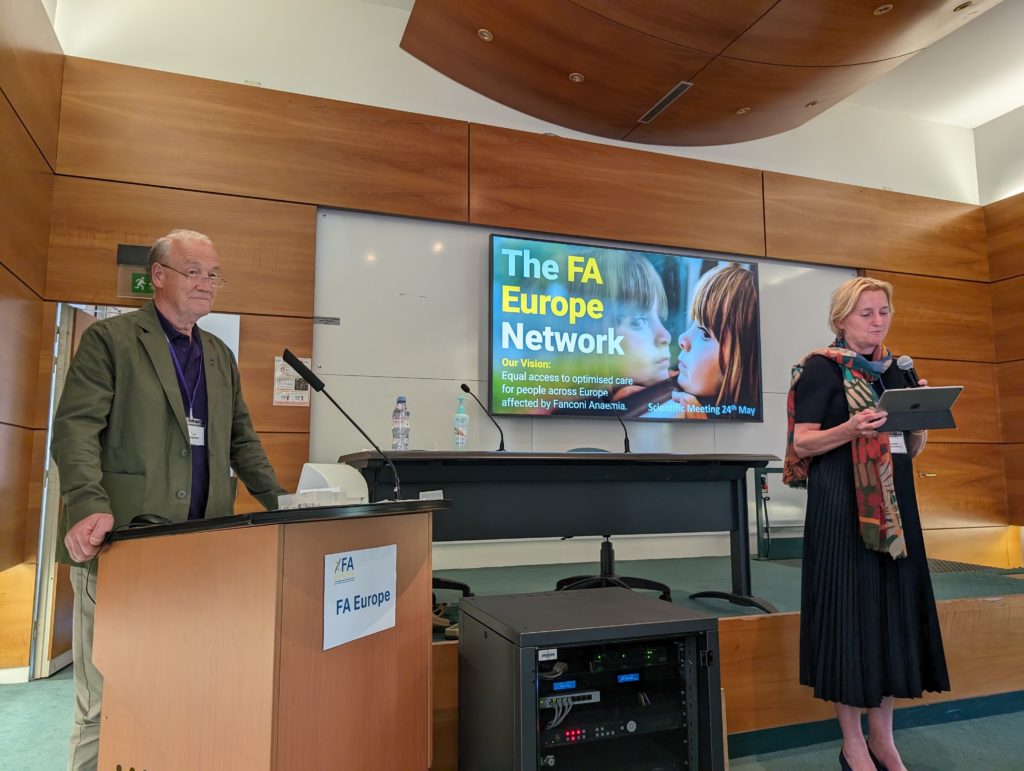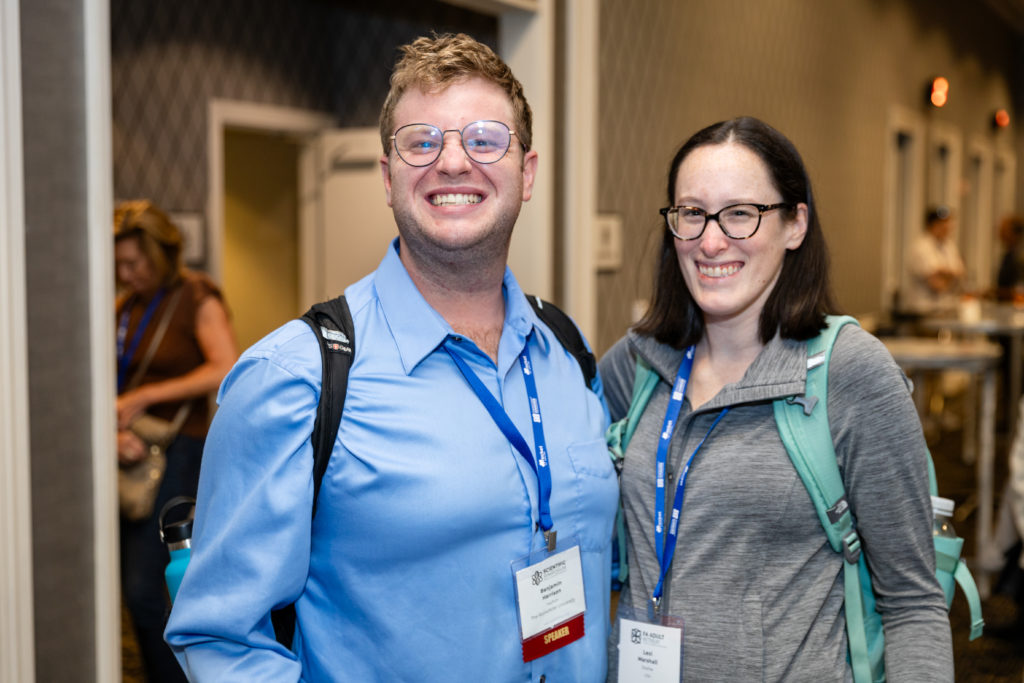In this edition of our Behind the Research series, we’re excited to introduce Dr. Meng Wang, a physician-scientist at Cornell University whose work is shedding light on a little-known but powerful driver of DNA damage in Fanconi anemia: formaldehyde. Dr. Wang is the recipient of the Fanconi Cancer Foundation-AACR NextGen Grant for Transformative Cancer Research. His research bridges his clinical experience caring for young adults with leukemia and his deep curiosity about the biology of aldehyde metabolism. By uncovering how formaldehyde harms cells — and finding ways to reduce its toxic effects — he hopes to prevent bone marrow failure and cancer in people with FA. His passion for science is matched by his appreciation for the FA community, whose lived experiences inspire new questions and approaches in his lab.
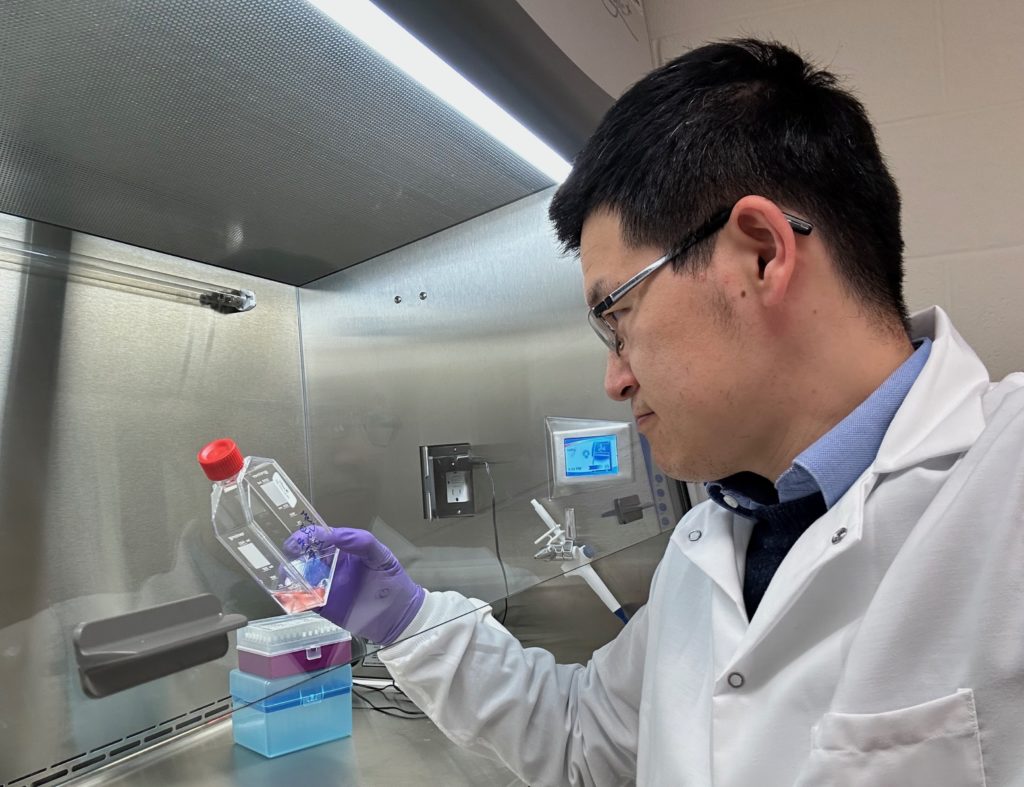
Name: Meng Wang, MD, PhD, FRCPath
Institution: Division of Nutritional Sciences, Cornell University, Ithaca, USA
Area of expertise: Fanconi anemia, DNA damage, aldehyde metabolism
My work:
My lab aims to better understand what causes DNA damage in individuals afflicted with Fanconi anemia. During my postdoc with Dr. KJ Patel in Cambridge, UK, I became deeply fascinated by formaldehyde as an endogenously produced toxin that can cause DNA damage, leukemia, and accelerated aging of blood cells. Formaldehyde is especially toxic to Fanconi anemia patients due to their loss of protective mechanisms against formaldehyde-induced DNA damage. Building on this foundation, my lab at Cornell University now addresses two major questions: defining the biological factors and metabolic pathways that impact formaldehyde levels in the body, and devising novel therapies to reduce formaldehyde toxicity. By addressing these questions, we aim to develop preventative treatments for bone marrow failure and cancer in Fanconi anemia patients.
What motivates me to work on FA:
When I was in clinical practice as a hematology specialty registrar (equivalent to hematology-oncology fellow) in the UK, I had the privilege of caring for young adults with leukemia, including individuals with Fanconi anemia. Witnessing the devastating impact of this disease on patients and their families motivated me to pursue postdoctoral research on this condition. I was fortunate to be awarded a Cancer Research UK fellowship to work with Dr. KJ Patel on aldehyde biology in Fanconi anemia. During my fellowship, I realized that our understanding of what causes DNA damage in Fanconi anemia remains limited. This insight convinced me that identifying and reducing these DNA damaging factors could offer real hope for preventing cancers in these patients.
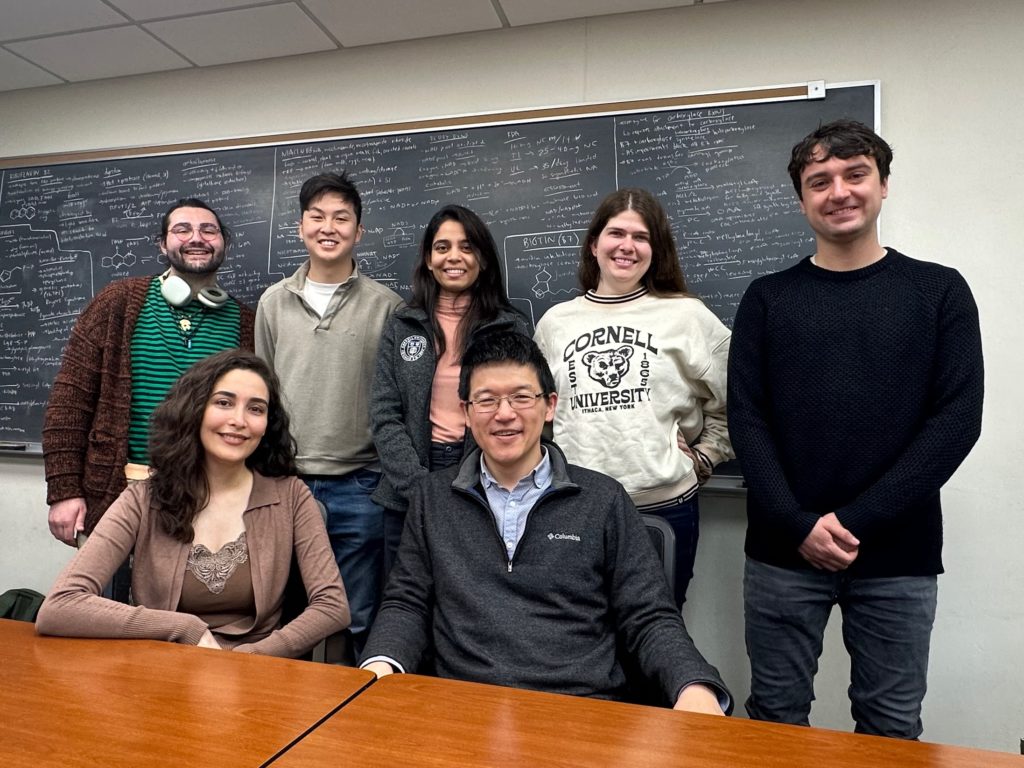
When I’m not in the lab, you could find me:
My family and I love living in Ithaca as we get to work in a great academic institution with beautiful natural surroundings. I enjoy taking my two kids swimming in the lake and playing in the parks followed by cooking them a good meal (as long as they eat it). My wife and I recently joined our local Finger Lakes Running Club where we run along spectacular gorges and lakesides. Despite the cold winters in Ithaca, you might also find me in Cornell University stadium supporting the men’s lacrosse team.
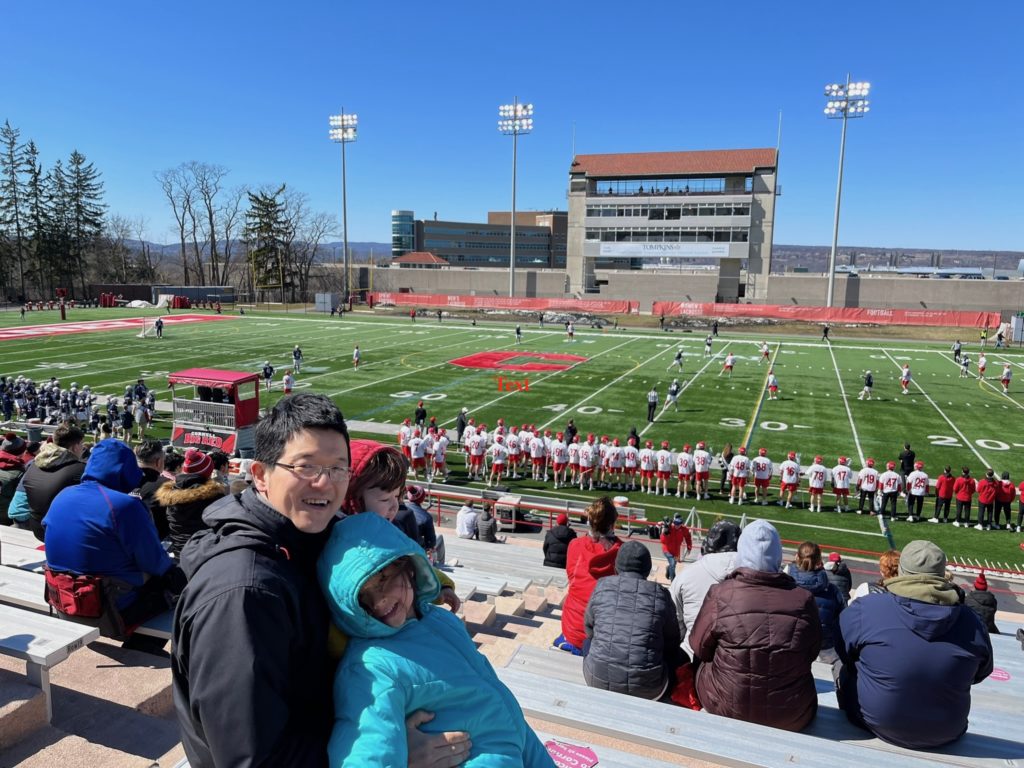
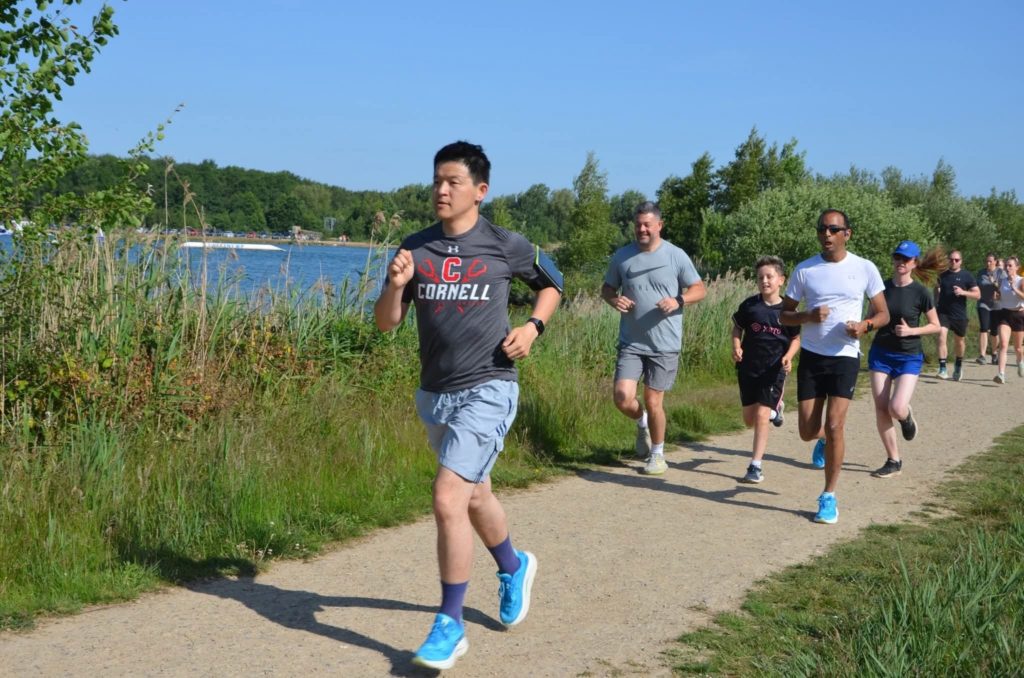
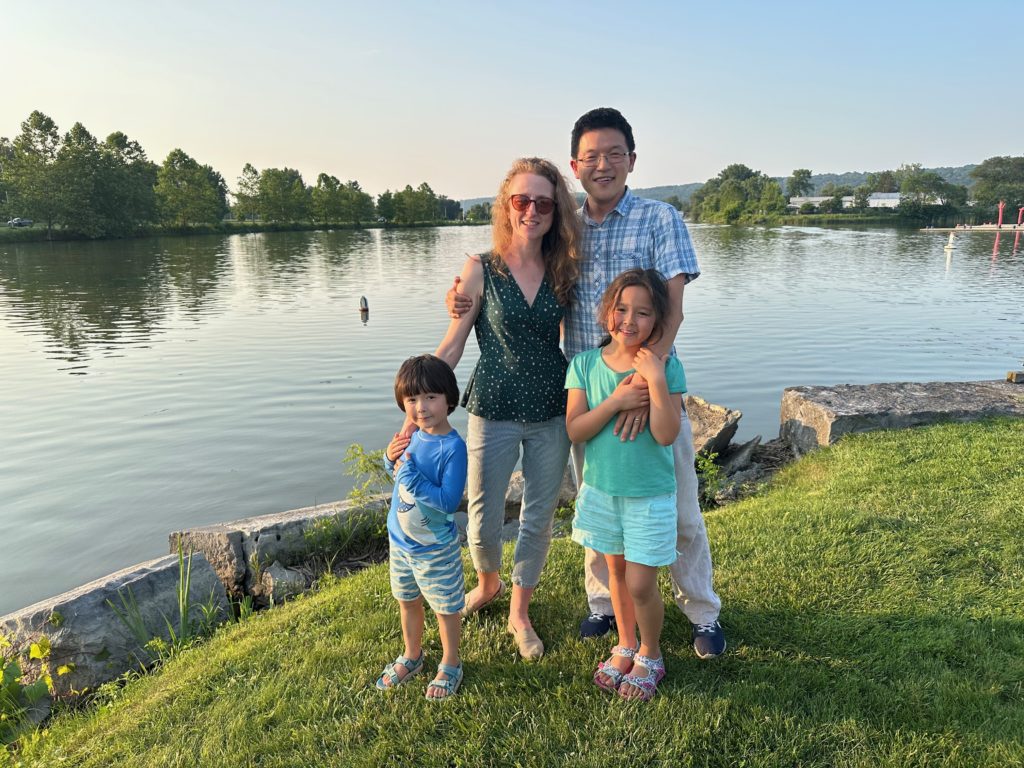
Anything else you want FA families to know?
One of the most rewarding experiences in my career has been attending Fanconi Cancer Foundation (FCF) meetings to discuss my research directly with Fanconi anemia patients and their families. The excitement and interest from FA families in our research is both overwhelming and humbling. I particularly value how these families relate to research through their personal lived experiences, such as insights into the dietary patterns and food preferences of FA patients. This type of information injects new ideas into our research and drives us toward better treatments for Fanconi anemia.


